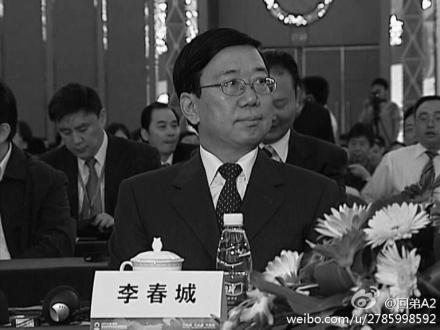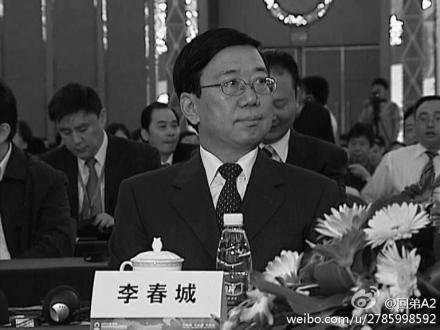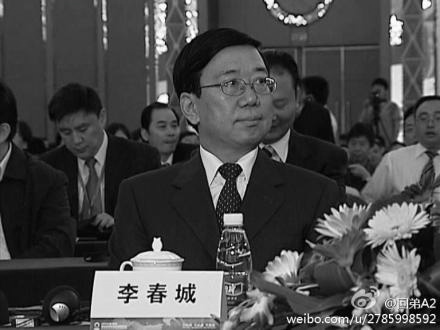The highest level official to be targeted so far in an anti-corruption investigation after the 18th Party Congress has been detained and subjected to a secretive interrogation process, according to recent reports. The man targeted, Li Chuncheng, is also a noted fixer for former security czar Zhou Yongkang.
Preliminary reports appeared on Dec. 4 that Li was put under “shuanggui,” a Soviet-era procedure of interrogation and detention of Party officials. The news at one stage appeared on the Xinhua website, the official news agency of the Chinese regime, before the report was retracted. Other Chinese reports remain available.
Li appears to be the first high-level pelt in new Party leader’s Xi Jinping’s anti-corruption campaign meant to cleanse the ranks after taking power.
Xi had warned the Party of his intention to do something about corruption. In his address to a study session for the newly formed Politburo in late November, he said, “Many facts tell us that as corruption continues it gets worse and worse, and in the end it will inevitably end the Party and ruin the country! We must be alert!”







